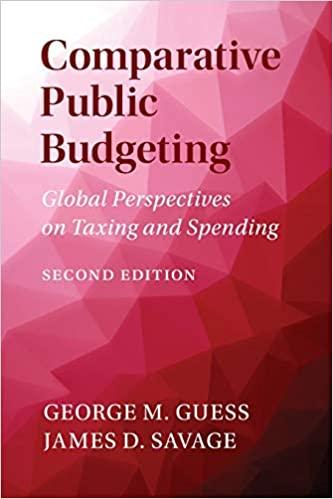

Quantitative easing (QE) is when a central bank buys long-term securities from its member banks. In return, it issues credit to the banks' reserves. Where do central banks get the funds to purchase the banks' securities? They simply create them out of thin air. In the United States, only the Federal Reserve has this unique power. That's why some people say the Federal Reserve is printing money. QE increases the money supply It lowers long-term interest rates, makes it easier for banks to lend, and spurs economic growth. QE is an expansion of the Fed's open market operations. The Fed uses QE after it's lowered the fed funds rate to zero. This rate is the basis for all other short-term rates. In the United States, the QE purchases are done by the trading desk at the New York Federal Reserve Bank. The most recent use of QE was in response to the COVID-19 pandemic. On March 15, 2020, the Federal Reserve announced it would purchase $500 billion in U.S. Treasuries. It would also buy $200 billion in mortgage-backed securities over the next several months. On March 23, 2020, the FOMC expanded QE purchases to an unlimited amount. By May 18, its balance sheet had grown to $7 trillion. Fed Chair Jerome Powell said he was not concerned about the increase to the Fed's balance sheet. Inflation is not an issue and the Fed is able to hold onto any assets until they mature. e) Using a figure describing both the U.S. money market and the foreign exchange market, analyse the effects of an increase in the U.S. money supply on the dollar/euro exchange rate. Quantitative easing (QE) is when a central bank buys long-term securities from its member banks. In return, it issues credit to the banks' reserves. Where do central banks get the funds to purchase the banks' securities? They simply create them out of thin air. In the United States, only the Federal Reserve has this unique power. That's why some people say the Federal Reserve is printing money. QE increases the money supply It lowers long-term interest rates, makes it easier for banks to lend, and spurs economic growth. QE is an expansion of the Fed's open market operations. The Fed uses QE after it's lowered the fed funds rate to zero. This rate is the basis for all other short-term rates. In the United States, the QE purchases are done by the trading desk at the New York Federal Reserve Bank. The most recent use of QE was in response to the COVID-19 pandemic. On March 15, 2020, the Federal Reserve announced it would purchase $500 billion in U.S. Treasuries. It would also buy $200 billion in mortgage-backed securities over the next several months. On March 23, 2020, the FOMC expanded QE purchases to an unlimited amount. By May 18, its balance sheet had grown to $7 trillion. Fed Chair Jerome Powell said he was not concerned about the increase to the Fed's balance sheet. Inflation is not an issue and the Fed is able to hold onto any assets until they mature. e) Using a figure describing both the U.S. money market and the foreign exchange market, analyse the effects of an increase in the U.S. money supply on the dollar/euro exchange rate








